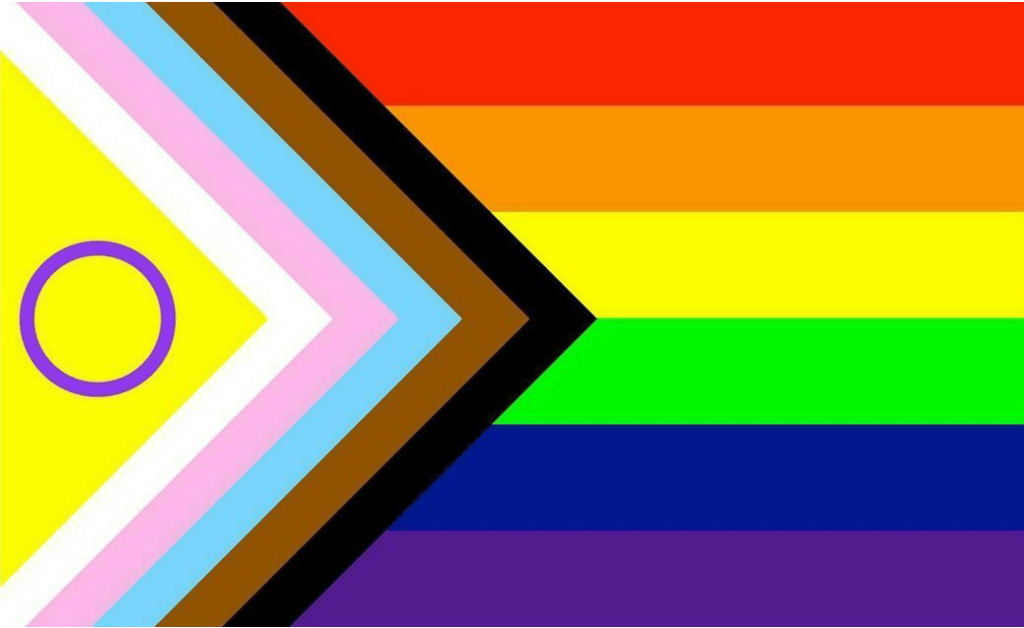Shedding Light on Overlooked Eating Disorder Populations
Eating disorders affect individuals across diverse demographics—age, size, gender, ethnicity, and race. While often linked to white females, this stereotype overlooks the experiences of men and people of color. This misconception can lead to the neglect of these groups, which may result in them remaining undiagnosed and unable to access necessary treatment, which can worsen their condition over time. In this blog, we explore the lesser-known populations of eating disorders, emphasizing that support and understanding are essential for everyone’s journey.
BIPOC
One often-overlooked community is Black, Indigenous, and People of Color (BIPOC). This community, which encompasses various races and ethnicities, faces a risk of eating disorders just like white Americans. Surprisingly, a Harvard Report reveals that BIPOC individuals are only half as likely to receive a diagnosis or seek treatment. This gap often arises from not fitting the typical image of eating disorders. Additionally, in many cultures, like the Hispanic culture, there’s a stigma around mental health, making it more challenging for those in need to reach out for support.
If you want more information about this, we’d recommend reading this blog: Debunking Eating Disorder Myths click here.
Another aspect to consider is that sometimes the medical team or eating disorder clinicians might not fully understand the cultural differences within these groups—such as nutrition practices, dietary preferences, morals, and values. Battling eating disorders can be an isolating experience, and it’s crucial for everyone to feel a sense of connection and understanding. As clinicians, our goal is to create an environment where every individual feels a sense of belonging, is understood, and feels comfortable sharing their experiences. This way, we can provide care that truly caters to their unique needs. Additionally, there are other challenges these individuals might face, like the cost of care, language barriers, and the lack of sufficient scientific research on eating disorders in these specific populations.
Men
Contrary to common belief, eating disorders aren’t exclusive to women. Did you know that one in three individuals dealing with an eating disorder is actually male? According to the National Eating Disorder Association, disordered eating behaviors, such as binge eating, purging, laxative abuse, among others, affect men almost as much as they do women. Unfortunately, the misconception that only women face these challenges often leads to many men going undiagnosed and untreated. Even when aware of the symptoms, men may overlook them, not recognizing the severity or feeling shame about their experiences due to societal stereotypes.
The Anxiety and Depression Association of America, states that both males and females are equally impacted by body dysmorphia, which involves obsessing over perceived flaws in appearance. In boys, eating disorders might look a bit different than in girls. Growing up, boys often see muscular, lean men in movies, TV shows, and video game characters. Striving for this ideal, some boys may start exercising excessively and restricting their diets to achieve the “perfect” physique. While not every boy or man unhappy with his body has an eating disorder, if their behaviors become obsessive about food or exercise, it might be a sign worth paying attention to.
How we can help
At Nutrition Braved, we celebrate diversity and embrace every person’s unique journey with food. Our team is dedicated to providing individualized care that respects LGBTQIA identities and promotes inclusivity. We undergo antiracism training, align with Health at Every Size (HAES) principles, and ensure a weight-inclusive environment in our office. We believe in accessible, evidence-based healthcare, and we hope to see more clinicians endorsing the weight-inclusive, HAES approach. If you’re seeking professional guidance, reach out to us – we’re here to support you on your journey!



